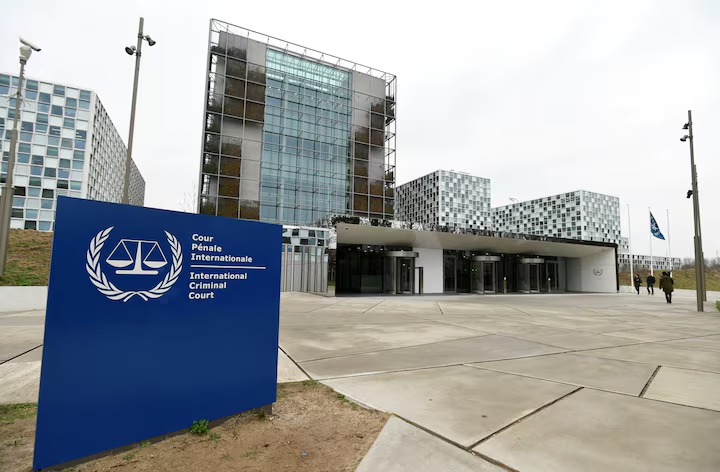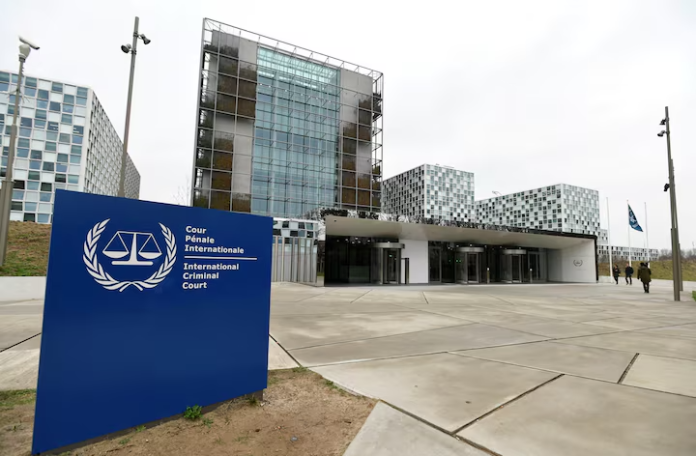In a significant move, former U.S. President Donald Trump has reintroduced economic and travel sanctions against officials of the International Criminal Court (ICC), reigniting tensions between Washington and the war crimes tribunal.
The decision, announced on Thursday, mirrors actions taken during his first term, where key ICC figures were sanctioned over investigations into alleged war crimes by U.S. forces and allies, including Israel.
Why Is the ICC Being Targeted?
The ICC, an independent court based in The Hague, is responsible for prosecuting individuals accused of war crimes, crimes against humanity, and genocide. However, the U.S., along with nations like China, Russia, and Israel, has never recognized its authority.
Trump’s latest sanctions come in response to the ICC issuing arrest warrants for Israeli Prime Minister Benjamin Netanyahu, his former defense minister, and a leader of Hamas over the war in Gaza.
During Trump’s first presidency, similar sanctions were placed on then-ICC prosecutor Fatou Bensouda and her deputy due to their investigations into alleged U.S. war crimes in Afghanistan. These sanctions included freezing assets, imposing travel bans, and restricting financial transactions with the U.S.
Global Reactions to Trump’s Sanctions
The ICC swiftly condemned the new sanctions, calling on its 125 member states to stand by the court and its personnel. “The court remains committed to providing justice to millions of victims worldwide,” it stated.
Reactions from world leaders have been mixed. The Netherlands, where the ICC is headquartered, expressed regret over the sanctions, with Dutch Foreign Minister Caspar Veldkamp emphasizing the court’s crucial role in fighting impunity. Meanwhile, Hungarian Prime Minister Viktor Orban, a staunch Trump ally, suggested that Hungary should reconsider its ICC membership, calling the move part of the “Trump-tornado” reshaping global politics.
The Bigger Picture: U.S. vs. the ICC

The U.S. has long opposed the ICC’s jurisdiction over American citizens, arguing that it undermines national sovereignty. In December, ICC President Judge Tomoko Akane warned that such sanctions could cripple the court’s operations, making it harder to prosecute war crimes.
The ICC has already taken precautions against U.S. financial restrictions, reportedly paying its staff three months in advance to counter potential disruptions. Despite the pressure, the tribunal remains firm in its pursuit of justice, as seen in its ongoing cases, including the arrest warrant issued for Russian President Vladimir Putin over the alleged deportation of Ukrainian children.
What’s Next?
It remains unclear how soon the U.S. will announce the names of those affected by the sanctions. However, the move signals a renewed clash between the Trump administration and international justice institutions. With global politics shifting and Trump’s influence growing, the coming months could determine whether other nations follow the U.S.’s lead or rally behind the ICC.



